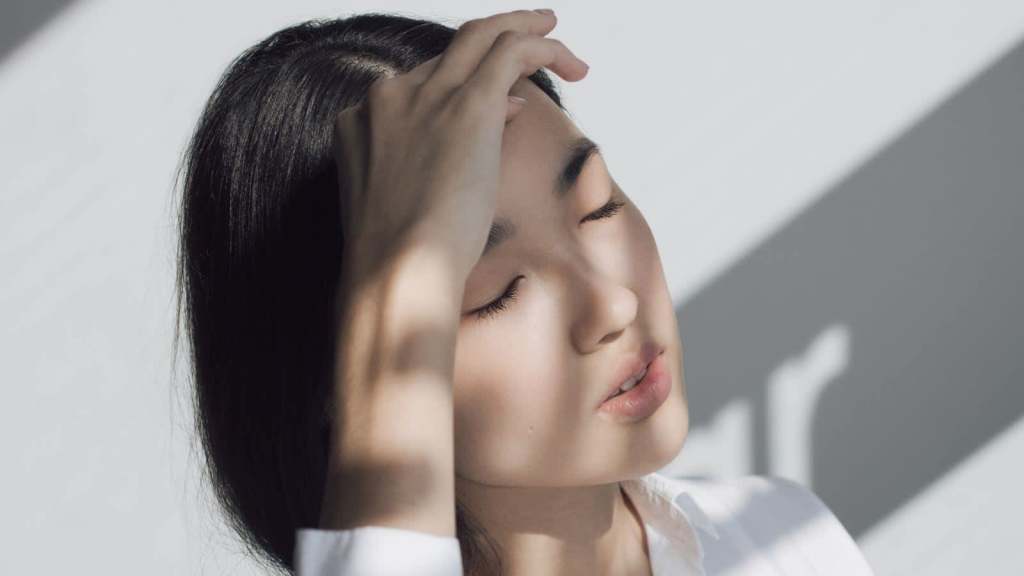Skincare brand Olay has announced that it will no longer retouch any photos used in its advertising.
The exciting news was announced this week during a panel in New York.
By the end of 2020, the beauty brand will implement a policy of “zero skin retouching” across the United States and Canada. This will also include content produced by influencers that the brand works with, as reported by Forbes.
The policy will be rolled out across all imagery used in print, digital, TV and outdoor advertising.
The news coincided with the release the brand’s new campaign, called “My Olay”, which stars Busy Philipps, Lilly Singh and Denise Bidot.
Philipps praised the move during this week’s panel.
“I think that that’s really important as well, because they’re not only just not retouching, but this is my face as it is and as it’s lived,” she said. “I’m really proud of that as well. I love that part of the contract.”
Where does Olay Australia stand on retouching?
The Latch— contacted Olay Australia to inquire whether they would follow suit and their response was:
“In Australia, we are fully committed to authentic advertising and already adhere to very strict guidelines to ensure there is an accurate representation of our product benefits. We applaud Olay’s new campaign in North America, which is part of our global commitment to advance authentic beauty advertising.”
Brands who also ditched retouching
Progress not perfection should be the mantra when it comes to brands using retouching. It’s not something that can be reversed quickly but each time another brand decides to opt out, it’s worth celebrating the victory.
More beauty companies are slowly changing their practices and are moving away from extreme editing, which results in images that are more realistic and relatable.
Dove
Getty Images
In 2017, Getty Images made huge strides in its industry by banning any images that had been doctored from its website.
According to The Guardian, the policy directly applies to freelance photographers who submit stock images to the photo agency. Photos that have been altered won’t be accepted by the company.
Lonely Lingerie
New Zealand brand Lonely Lingerie also use its platform to champion un-retouched images. In 2016, Lena Dunham and Jemima Kirke made headlines for their Photoshop-free shoot with Lonely. The women were captured as they are and nothing about their forms was altered.
The shoot featured in Lonely Girls, a journal series produced by the lingerie company. According to Lonely, the series shows “candid portraits of inspiring women in their own spaces wearing Lonely, their way.”
Lonely founder Helene Morris said that her and partner Steve Morris created the company for women “who wear lingerie as a love letter to themselves”. And, they have kept that founding principle going.
“When we began Lonely lingerie in 2009, we felt there was no lingerie imagery that really spoke to us or our customer – it all seemed so overly sexualized and Photoshopped,” she told FQ. “I think as a brand we have always been slightly rebellious and were happy to challenge preconditioned norms.”
One day we hope that un-retouched images are the norm. Until then, let’s keep supporting those companies who are championing diversity and authenticity.







